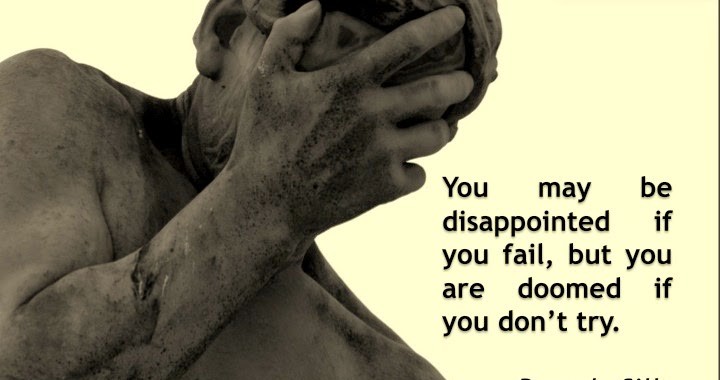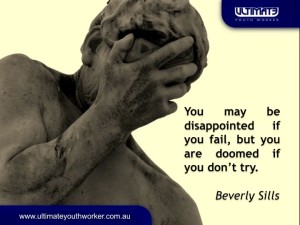The supervision environment is important to staff uptake
All to often I hear from youth workers that they don’t want to do supervision sessions. The concerns range from the classic ‘it would breach confidentiality‘ to the obscure, ‘it doesn’t fit well with my existential philosophy‘. The main reason we hear is that staff don’t feel comfortable. Whether meeting with their manager or an external provider the staff member must feel comfortable with the supervision environment.
Many staff feel that supervision sessions with their manager are really uncomfortable. The meetings are usually had in the managers office with all the managers stuff on the desk and a mountain of paperwork which needs to be dealt with beside the computer. The manager says they are 100% engaged in the session while looking over the pile of paperwork and listen to their staff intently while the email toast pops up on their computer screen.
In the case of external supervisors if they come to your office to work with you or your staff, using the store room as a spare office does not make anyone feel like this is a worthwhile session. If you go out from the office you have issues of privacy and confidentiality. If you go to the external supervisors office they should have a space which is dedicated to sessions like this.
Your environment for the supervision session is really important! If the staff member does not feel comfortable then they will not be open to challenge and change. It needs to be an area that does not have too many distracting qualities and gives the person attending a feeling of safety and warmth.
 |
| Would you prefer this? |
 |
| or this? |







